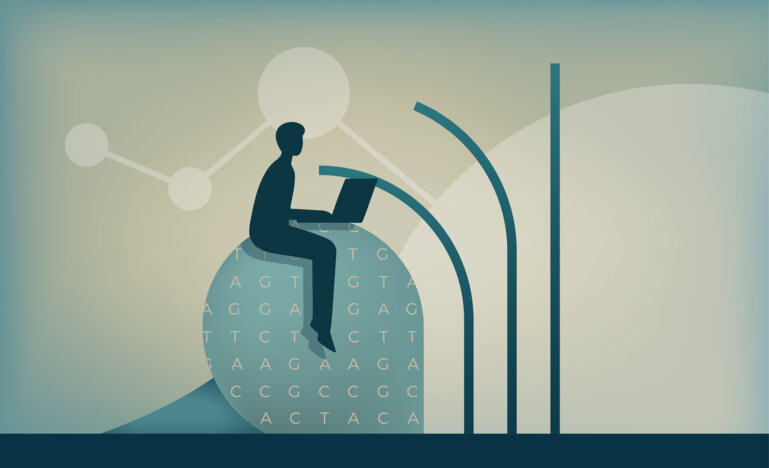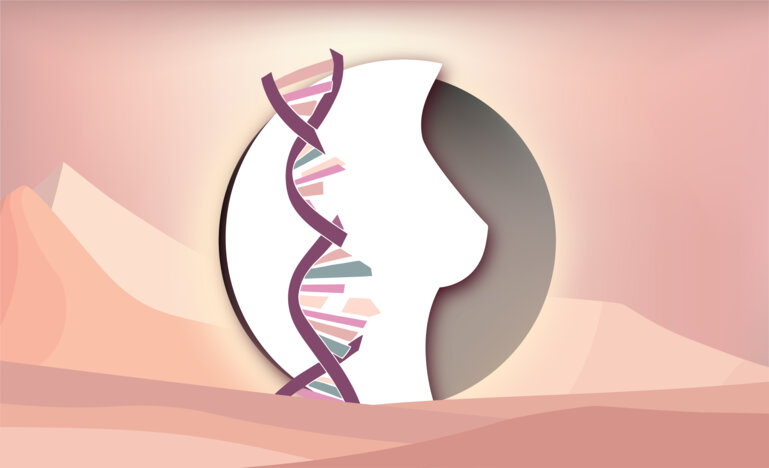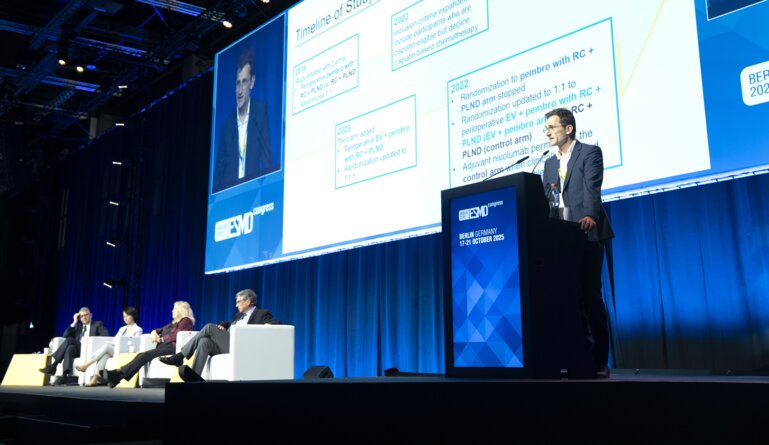
Novel KRAS G12C and G12D inhibitors show early signs of activity in advanced solid tumours
As it emerges from some studies presented across different cancers, toxicity remains a major challenge

Dose-dense paclitaxel and novel combination maintenance therapies offer survival benefits in advanced ovarian cancer
Positive results are reported from the FZOCUS-1 and ICON8B studies

How therapeutically tractable is MUC1 as a tumour-associated antigen?
Early proof-of-concept is provided showing pan-tumour activity of a novel antibody–drug conjugate

How connecting the dots could deliver a breakthrough in cancer vaccines
After decades of missed promises, cancer vaccines are likely approaching prime time due to major advances in cancer immunobiology, immunotherapy and biomedical technology

Is targeted therapy for PTEN-deficient metastatic hormone-sensitive prostate cancer on the horizon?
In the CAPItello281 trial, survival results with capivasertib plus abiraterone are promising, but questions remain on the accurate determination of PTEN loss in patients

Analysis identifies proteins VISTA and VEGF-A as prognostic of poor survival in recurrent ovarian cancer
High expression of specific immune-oncology proteins may have utility in identifying high-risk patients to inform future trial design

Mixed results with enzalutamide in non-metastatic prostate cancer
Enzalutamide failed to deliver in high-risk localised prostate cancer, but improved survival, in combination with leuprolide, in biochemically recurrent prostate cancer

Survival benefits demonstrated with immunochemotherapy in platinum-resistant ovarian cancer
The ENGOT-ov65/KEYNOTE-B96 trial reported small but clinically relevant progression-free survival increments and significantly improved overall survival in platinum-resistant ovarian cancer

Preventing cancer recurrence with novel antibody–drug conjugates
Presidential presentations in early breast cancer provide first evidence of ADCs rapidly moving into the curative setting across multiple cancer types

Peri-operative enfortumab vedotin plus pembrolizumab prolongs survival in muscle-invasive bladder cancer
In KEYNOTE-905/EV-303, the combination of an antibody–drug conjugate and immunotherapy showed statistically significant and clinically meaningful improvements in event-free survival and overall survival
